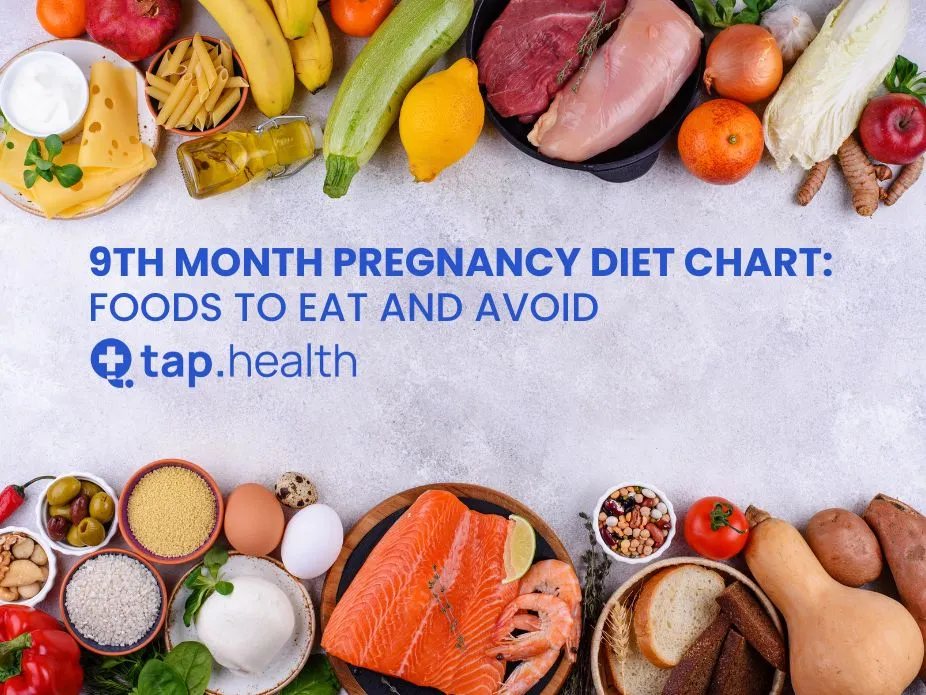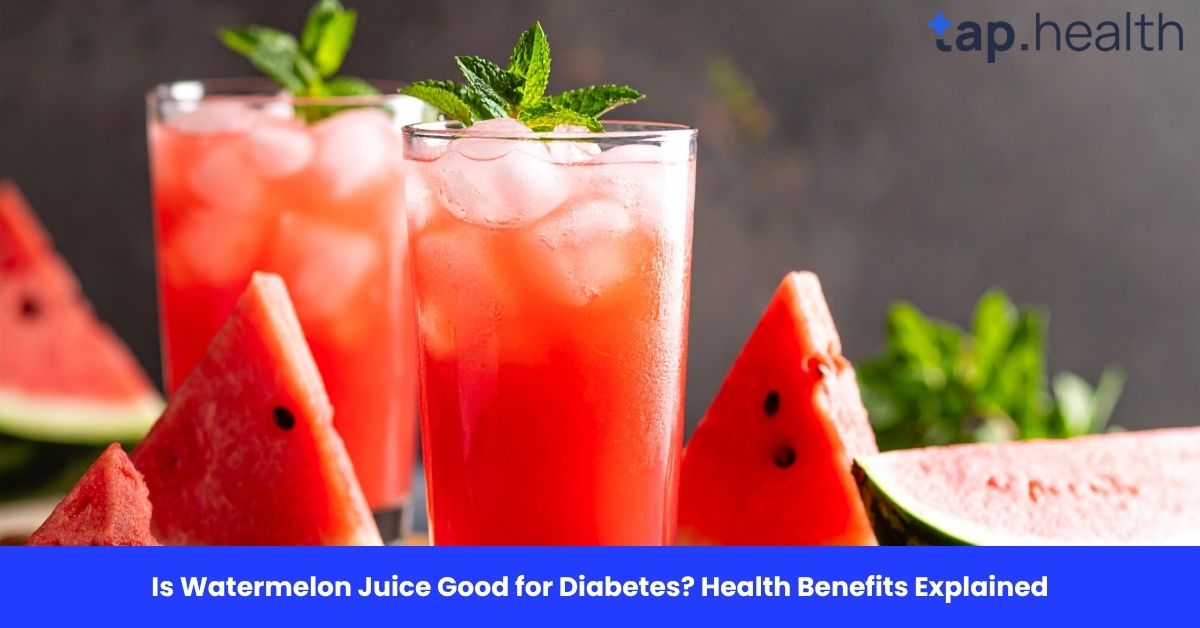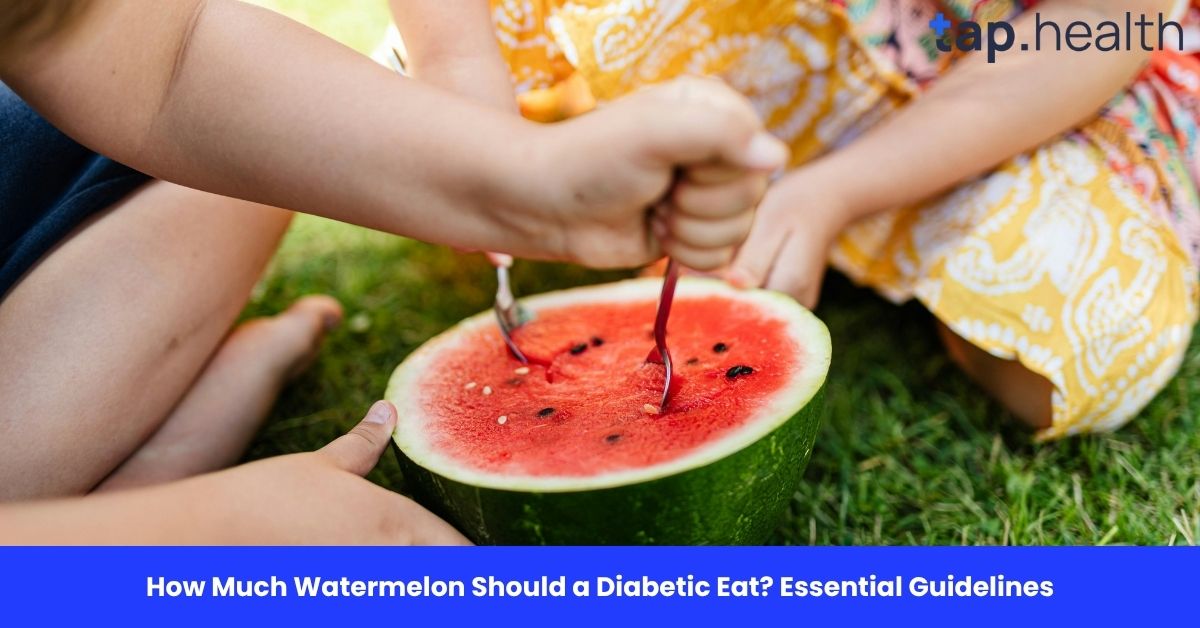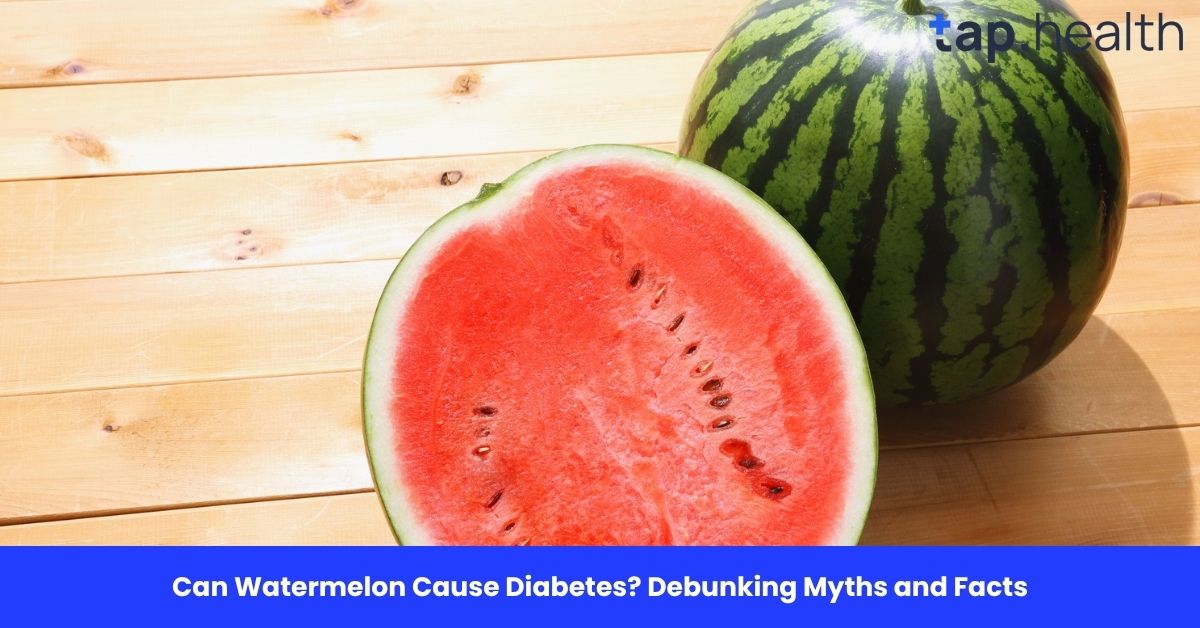The ninth month of pregnancy is a pivotal time as you prepare to welcome your baby. A well-balanced diet during this phase supports your baby’s growth, boosts your energy for labor, and reduces complications. This blog outlines a comprehensive 9th-month pregnancy diet chart, foods to include and avoid, and practical tips to ensure optimal health for you and your baby.
Why Is a 9th-Month Pregnancy Diet Important?
A nutritious diet in the ninth month is vital for:
- Supporting rapid fetal development.
- Managing pregnancy symptoms like constipation and heartburn.
- Providing energy for labor and delivery.
- Minimizing risks of complications for both mother and baby.
By focusing on nutrient-dense foods, you can promote a healthy pregnancy and prepare for a smooth delivery.
Best Foods to Eat During the 9th Month of Pregnancy
Incorporating a variety of nutrient-rich foods ensures you and your baby get essential vitamins, minerals, and energy. Below are key food groups to include:
1. Fruits and Vegetables for Vital Nutrients
Fruits and vegetables are packed with vitamins, antioxidants, and fiber, which support digestion and immunity.
- Leafy Greens: Spinach, kale, and broccoli provide iron, folate, and vitamins A and C.
- Berries: Blueberries, strawberries, and raspberries are rich in antioxidants.
- Citrus Fruits: Oranges and grapefruits boost vitamin C for immune health.
Tip: Aim for a colorful plate to maximize nutrient variety.
2. Protein-Rich Foods for Growth and Strength
Protein supports your baby’s growth and helps repair tissues.
- Lean Meats: Chicken, turkey, and lean beef are excellent protein sources.
- Fish: Salmon and trout offer omega-3 fatty acids for brain development.
- Legumes: Lentils, beans, and chickpeas provide plant-based protein and fiber.
Tip: Pair legumes with whole grains for a complete protein.
3. Dairy for Calcium and Probiotics
Dairy products support bone health and digestion.
- Milk: Rich in calcium and vitamin D for strong bones.
- Yogurt: Contains probiotics to aid digestion and prevent constipation.
- Cheese: A good calcium source but consume in moderation due to fat content.
Tip: Opt for low-fat or fortified dairy options.
4. Whole Grains for Sustained Energy
Whole grains provide complex carbohydrates for long-lasting energy.
- Oatmeal: High in fiber, great for digestion and energy.
- Brown Rice: A healthy carb source for sustained energy.
- Whole Wheat Bread: Offers more fiber than white bread.
Tip: Choose whole grains over refined grains to stabilize blood sugar.
5. Nuts and Seeds for Healthy Fats
Nuts and seeds are nutrient-dense snacks that provide healthy fats and minerals.
- Almonds: High in vitamin E and magnesium.
- Chia Seeds: Packed with omega-3s and fiber.
- Walnuts: Provide healthy fats and protein.
Tip: Keep portions small, as nuts are calorie-dense.
Sample 9th-Month Pregnancy Diet Chart
Here’s a practical daily diet plan to guide your meals:
- Breakfast: Oatmeal with mixed berries and a glass of fortified milk.
- Mid-Morning Snack: A handful of almonds and a banana.
- Lunch: Grilled chicken salad with spinach, tomatoes, and brown rice.
- Afternoon Snack: Carrot sticks with hummus or a spinach-banana smoothie.
- Dinner: Baked salmon with quinoa and steamed broccoli.
- Evening Snack: A small bowl of mixed nuts or a piece of dark chocolate (in moderation).
Tip: Adjust portion sizes based on your hunger cues and consult your doctor for personalized needs.
Foods to Avoid in the 9th Month of Pregnancy
Certain foods can pose risks to you or your baby. Here’s what to steer clear of:
1. Raw or Undercooked Foods
- Raw Fish: Avoid sushi or sashimi due to bacterial risks.
- Undercooked Meat: Ensure meats are fully cooked to prevent infections.
- Raw Eggs: Skip homemade mayonnaise or Caesar dressing.
2. High-Mercury Fish
- Swordfish, Shark, King Mackerel: These contain high mercury levels, which can harm fetal development.
3. Unpasteurized Products
- Soft Cheeses: Brie, feta, and blue cheese may carry listeria.
- Unpasteurized Milk: Can harbor harmful bacteria.
4. Caffeine and Alcohol
- Caffeine: Limit to 200 mg daily (about one 12-ounce coffee).
- Alcohol: Completely avoid, as it can impair fetal development.
5. Processed and Sugary Foods
- Sugary Snacks: Cakes and candies can lead to excessive weight gain or gestational diabetes.
- Salty Foods: Chips and fast food may cause water retention and high blood pressure.
Tip: Read labels carefully and opt for fresh, whole foods whenever possible.
Practical Diet Tips for the 9th Month
To maintain a balanced diet, follow these actionable tips:
1. Stay Hydrated
- Drink 8–10 glasses of water daily to support digestion and prevent dehydration.
- Include hydrating foods like cucumbers, watermelon, and oranges.
2. Eat Small, Frequent Meals
- Consume meals every 2–3 hours to maintain energy and manage heartburn.
- Smaller portions are easier to digest in late pregnancy.
3. Balance Your Plate
- Include protein, healthy fats, and complex carbs in every meal.
- Fill half your plate with vegetables for optimal nutrition.
4. Listen to Your Body
- Eat when hungry and stop when satisfied to avoid overeating.
- Pay attention to how foods affect your digestion or energy levels.
5. Manage Cravings Healthily
- Keep nutritious snacks like fruit, yogurt, or nuts on hand.
- Satisfy sweet cravings with fruit or a small piece of dark chocolate.
Supplements for the 9th Month of Pregnancy
While a balanced diet is ideal, supplements can address nutritional gaps. Always consult your healthcare provider before starting any supplements.
1. Prenatal Vitamins
- Folic Acid: Prevents neural tube defects.
- Iron: Reduces the risk of anemia.
- Calcium: Supports bone health for you and your baby.
2. Omega-3 Fatty Acids
- Essential for fetal brain and eye development.
- Found in fish oil supplements or foods like salmon and chia seeds.
3. Vitamin D
- Promotes bone health and immune function.
- Often included in prenatal vitamins but may require additional supplementation.
4. Probiotics
- Support gut health and prevent constipation.
- Available in supplements or fermented foods like yogurt.
Tip: Never self-prescribe supplements; follow your doctor’s guidance.
Real-Life Scenario
An expectant mother in her ninth month often feels fatigued and may experience heartburn or bloating. By replacing fried snacks with fruits and keeping meals small but frequent, she maintains energy and comfort. For instance, choosing oatmeal with fruit for breakfast and steamed vegetables with brown rice for lunch can make a big difference in how she feels throughout the day.
Expert Contribution
Obstetricians and nutritionists emphasize that the final month of pregnancy is crucial for the baby’s brain and organ development. Dr. Meena Sharma, a prenatal nutrition specialist, explains:
“Pregnant women should focus on foods rich in iron, calcium, and omega-3 fatty acids to ensure smooth delivery and healthy fetal growth.”
Experts also recommend avoiding spicy and heavy foods close to bedtime to reduce acidity and discomfort.
Recommendations Grounded in Proven Research and Facts
- Eat smaller, frequent meals to prevent bloating and heartburn.
- Increase iron and calcium intake, as these minerals are vital for both mother and baby.
- Include folate-rich foods like spinach, broccoli, and legumes to support neural development.
- Stay hydrated—adequate water helps maintain amniotic fluid levels.
- Avoid unverified herbal remedies or supplements unless prescribed by your doctor.
- Consult your gynecologist or dietitian for a personalized diet plan tailored to your health needs.
FAQs: Common Questions About 9th-Month Pregnancy Diet
Here are answers to common queries about diet during the ninth month of pregnancy, based on “People Also Ask” trends:
1. Can I eat spicy food in the ninth month?
Yes, in moderation. Spicy foods may cause heartburn or indigestion, so monitor your body’s response and limit intake if discomfort occurs.
2. How much water should I drink daily?
Aim for 8–10 glasses (about 2–2.5 liters) to stay hydrated and support fetal health.
3. Are herbal teas safe during pregnancy?
Some are safe, like ginger or peppermint tea. Avoid chamomile, licorice, or other teas unless approved by your doctor.
4. Is seafood safe in the ninth month?
Yes, but stick to low-mercury options like salmon, shrimp, or sardines. Avoid high-mercury fish like swordfish or shark.
5. What if I have gestational diabetes?
Follow a low-sugar, high-fiber diet as advised by your healthcare provider. Monitor blood sugar and prioritize whole grains, lean proteins, and vegetables.
6. Can I take regular vitamins instead of prenatal ones?
No. Prenatal vitamins are formulated for pregnancy needs, with higher levels of folic acid, iron, and calcium.
7. How much weight should I gain in the ninth month?
Weight gain varies by individual. Consult your doctor to ensure healthy progress based on your pre-pregnancy BMI.
Conclusion: Preparing for a Healthy Delivery
A balanced diet in the ninth month of pregnancy is key to supporting your baby’s final stages of development and preparing your body for labor. Focus on nutrient-rich foods like fruits, vegetables, lean proteins, and whole grains while avoiding harmful substances like alcohol, high-mercury fish, and processed foods. Stay hydrated, eat small frequent meals, and consult your healthcare provider for personalized advice, especially regarding supplements. By following these guidelines, you’ll be well-equipped for a healthy delivery and a strong start for your baby.



